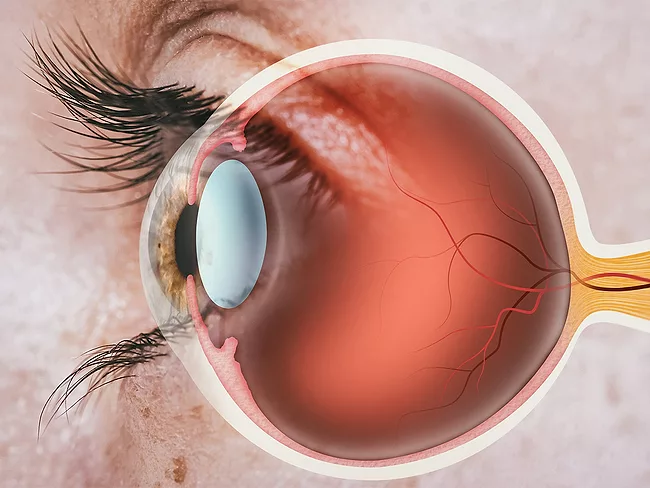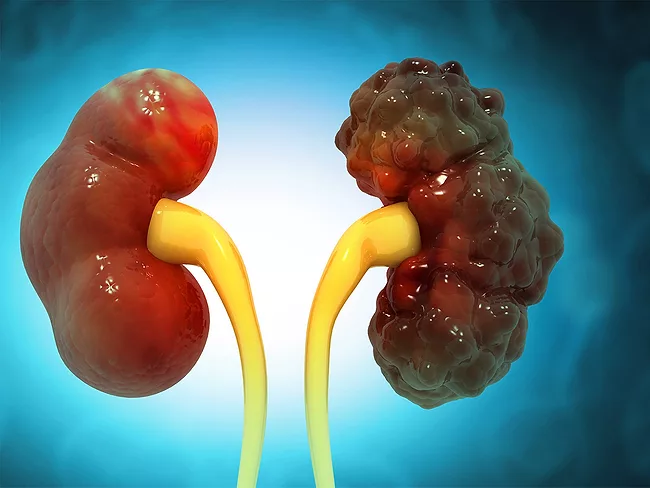
Antisense
Neurology/psychiatric
Nissan Chemical, Sanwa Kagaku Kenkyusho to codevelop antisense drug candidate
Read MoreNeurology/psychiatric
Stereopure gapmer ASOs targeting tau show promising preclinical safety and activity
Read MoreNeurology/psychiatric
CIRM grant supports Cure Rare Disease’s antisense oligonucleotide therapy for SCA3
Read MoreNeurology/psychiatric






